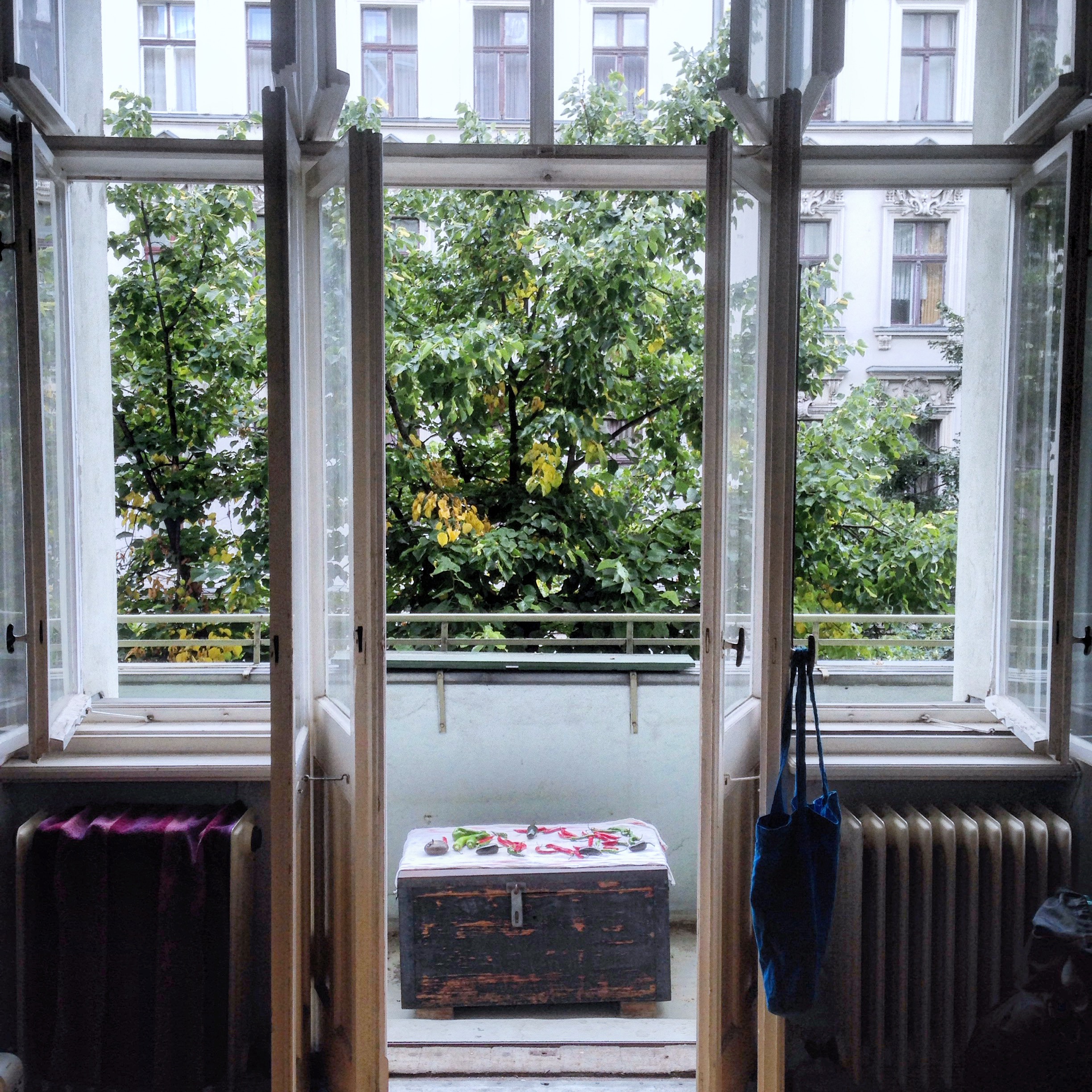we are almost always unprepared for death when it comes into our lives, and in whatever form it takes: a loved one, a friend, a child. and this can be compounded/shaped by the ‘how’: sudden death, suicide, death after a long illness. at that immediate point of loss, our lives can feel completely thrown into disarray, and we can feel utter loss, confusion and separation. this can also trigger our own feelings and fears around abandonment and being alone, our own death anxiety. additionally, feelings are often compounded by cultural expectations around how grief should be performed, and sometimes an unwillingness for people to be able to talk about the (messy) feelings around death, or even to talk at all.
i started off my career as a trainee counsellor for a large bereavement charity. it taught me a lot about sitting with sadness, loss, and deep pain. it also taught me how to have patience with the unnavigatable, the unthinkable, and the often inexplainable: why me? why did they die? where did they go to? how do i understand what is happening to me? when will it end? will i ever feel the same again? how can i get back to how it used to be?
Elisabeth Kübler-Ross (1969) famously carried out research on terminally ill patients to give us a framework to begin to understand grief, what we call the stages of grief: denial, anger, bargaining, depression and acceptance. Though these are incredibly useful to help us navigate our feelings, they may not always fit with what we are actually experiencing, and in the order we are meant to experience them, which can then obviously create tension: why am i not experiencing grief in the correct way?
and often there is a push towards acceptance/letting go/moving on, and these can feel like difficult ‘shoulds’ when we are in the middle of our grief. acceptance, like its prickly cousin forgiveness, might feel like a herculean task: if i accept the death, am i letting the dead go, dismissing them? acceptance may feel too risky, yet somehow we learn to live, to live again, or to live with the loss.
since then, other models of grief have come to the fore. Stroebe and Schut (1999) gave us the Dual-Process model which looks at how we move back and forth after the death between dealing with the loss, head-on almost, and being in restoration; between grieving and doing. dismantling ourselves from the departed, to refinding a sense of ourselves without the other, can be a confusing and arduous task. the dual process model describes the see-sawing we may experience.
Klass, Silverman and Nickman in New Understandings of Grief (1996) described the relationship with the deceased as a continuing bond, where the departed become someone who we continue to have a relationship with. and like any relationship over time, this can change, it ebbs and flows. significant events for us after the death take on a new meanings in the light of the other not being with us physcially, yet psychologically we are still holding some space for them, an evolving bond.
wherever you are on your loss journey, i hope the above have helped illustrate different ways to look at or understand your grief. Below is a link to a video which shows in a literal sense how we can somehow hold on to deep loss, whilst building our lives around it:
https://www.facebook.com/bbctwo/videos/2282472915305421/
